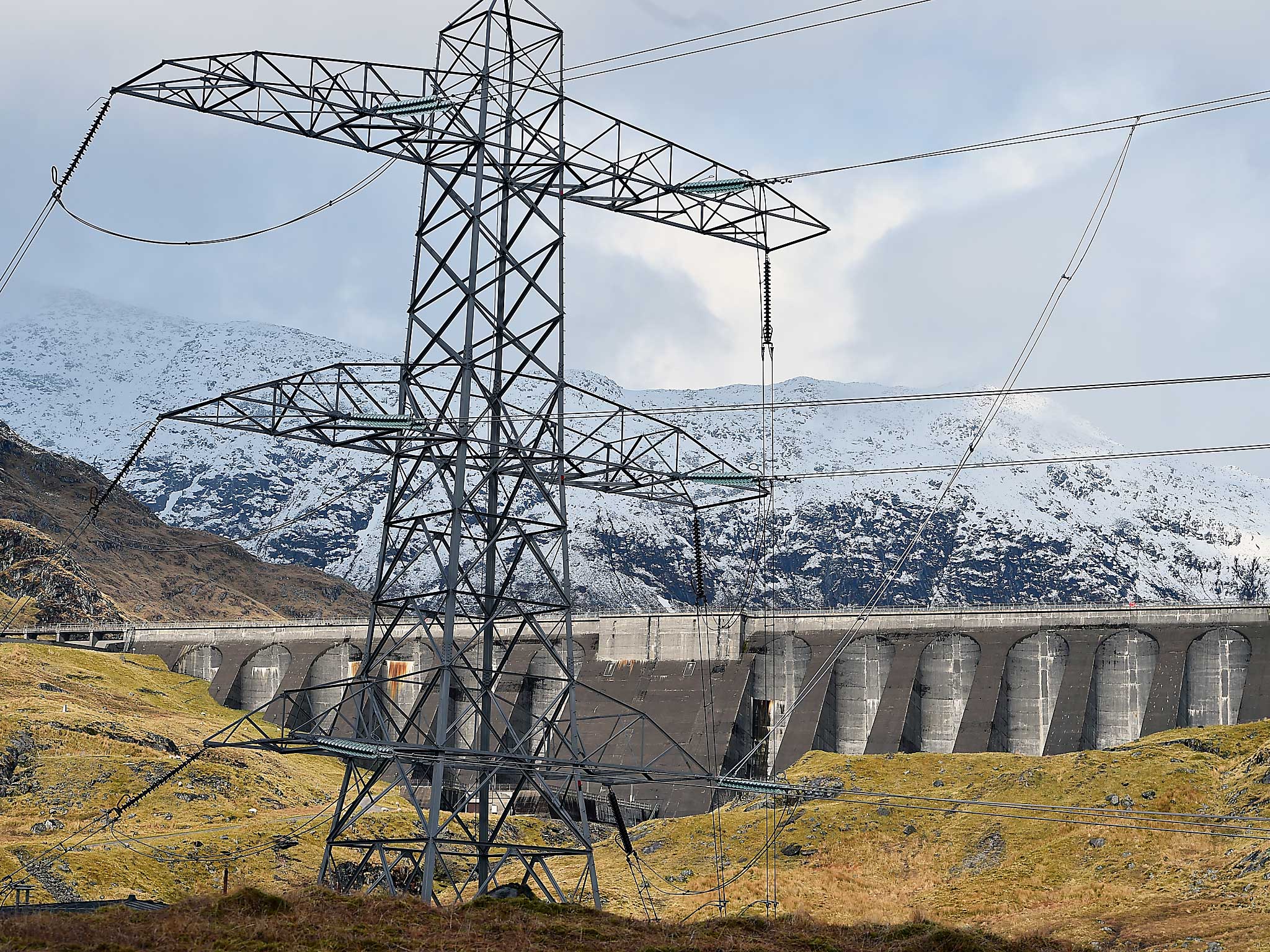Half of Scotland’s energy could be produced by wind and sunlight in less than 15 years, report says
Analysis paints a picture of Scotland where fuel poverty is ‘eradicated’, air pollution is slashed and green electricity is a major export

Your support helps us to tell the story
From reproductive rights to climate change to Big Tech, The Independent is on the ground when the story is developing. Whether it's investigating the financials of Elon Musk's pro-Trump PAC or producing our latest documentary, 'The A Word', which shines a light on the American women fighting for reproductive rights, we know how important it is to parse out the facts from the messaging.
At such a critical moment in US history, we need reporters on the ground. Your donation allows us to keep sending journalists to speak to both sides of the story.
The Independent is trusted by Americans across the entire political spectrum. And unlike many other quality news outlets, we choose not to lock Americans out of our reporting and analysis with paywalls. We believe quality journalism should be available to everyone, paid for by those who can afford it.
Your support makes all the difference.Half of all the energy used in Scotland could be produced by renewable technology in less than 15 years, according to a new report.
It painted a picture of a country that exports vast amounts of electricity to the rest of the UK by producing 40 per cent more than it needs, where half of the buses and a third of cars are electric – improving air quality and public health – and where fuel poverty is “eradicated”.
However the report, called The Energy of Scotland, warned that while a low-carbon future was “achievable and desirable”, Scotland was currently on track to miss its climate targets, getting less than 30 per cent of energy from renewables by 2030.
Writing in the report, commissioned by the Scottish branches of WWF, Friends of the Earth and the RSPB, Lang Banks, WWF-Scotland’s director, said: “Scotland is in the enviable position of having fantastic renewable energy potential.
“Successfully unlocking this potential will not only secure our climate goals but provide the means to deliver economic opportunities across Scotland, bring social benefits and improve public health.”
However he said bringing about this future would require “significant changes to the way we heat our homes and organise our transport” and “new, bold policies”.
The report, by consultants Ricardo Energy and Environment, found emissions from electricity power stations could drop to near zero with an “almost entirely renewable” supply, creating 14,000 new jobs.
It said fossil fuel emissions from transport should fall by 40 per cent by 2030 with renewables providing 20 per cent of the energy consumed – up from just four per cent today.
“A 40 per cent drop in the use of petrol and diesel improves air quality in cities, resulting in better public health,” the report said.
“People are also fitter and healthier thanks to more walking and cycling in renewed cityscapes that are less dominated by cars.
“There is less congestion, with fewer and quieter vehicles on the road.”
Improvements in energy efficiency and the use of heat pumps and district heat networks could also help transform society by 2030.
“Retrofit energy efficiency turns cold houses into warm homes, lowering energy bills and eradicating fuel poverty once and for all,” the report said.
“The NHS saves an estimated £48m – £80m a year as illnesses caused by cold and damp are reduced, and 8,000 to 9,000 jobs are created right across Scotland.”
Commenting on the report, Niall Stuart, chief executive of Scottish Renewables, said Scotland should “lift our horizons and set an ambitious target to drive investment in renewable heat, power and transport through the 2020s”.
“This report echoes Scottish Renewables’ call for a new 50 per cent renewable energy target and, importantly, concludes that this is both achievable and key to meeting our climate change targets,” he said.
Scottish Energy Minister Paul Wheelhouse said: “The Scottish Government welcomes this report, which is a useful contribution to the on-going debate around the future of energy in Scotland.”
Join our commenting forum
Join thought-provoking conversations, follow other Independent readers and see their replies
Comments